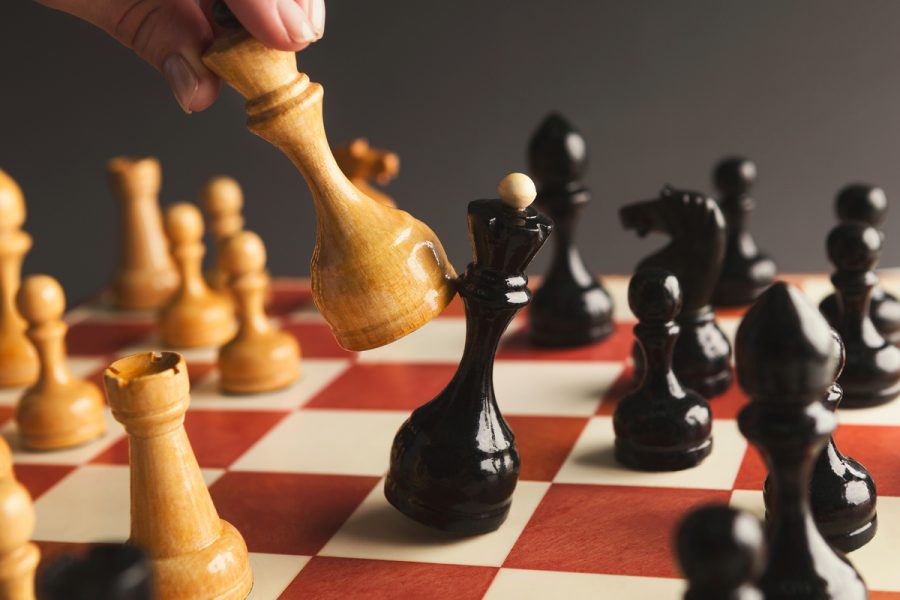[dropcap]I[/dropcap]n the book, Better than the Best, James Oh encourages readers to become both mentally and spiritually stronger by changing their attitudes towards challenges and towards themselves. Hoping to help others by telling his story of struggle and success, Oh shares how he adopted the positive perspective on life that allowed him to overcome challenges.
As a sucker for all things positivity, this quote automatically found a place in my mental box of mantras. At the time I read it, I had lost a lot of things I had hoped to gain. There were auditions that ended in disappointment and test scores that dragged down grades. Focused on how I didn’t achieve what someone else achieved led me to place my skills in a negative light. In my point of view, I failed so many things in life.
But after thinking through what this quote meant, I had a cliché moment of clarity. Why should I compete with others if my goal for my life is to just enjoy life? Why should I strive to be the best of everyone I know-of everyone in the world? That’s not what I want in life. My negative way of viewing my accomplishments didn’t make sense anymore. Sure, I didn’t place top three at a state piano competition, but learning my audition piece was an accomplishment in itself. I improved my technique and I pushed myself harder than I had ever known I could in order to perform that piece at a level of near-perfection in my terms.
In this world, there will always be someone better than you and me at anything we do. If you win a district tournament, there’s always the state level. For some competitions, it even goes on to national and international competitions. Yet, even if you’re considered the best in the world, sooner or later, there’ll be someone who masters what you can do, but can do it even better. If you compete with someone else, then you’re setting yourself up for a constant battle of the best. What fun is it if your victories will somehow always be overshadowed by a loss? How will that improve you as a person?
When you focus on how you compare up against yourself, you put more emphasis on self-improvement. By seeing how much better you’ve become, or sometimes how much worse you’ve become, you can grasp a better understanding of yourself as a person and set appropriate goals that are helpful to you. Also, when you compete against yourself, more often than not, the results show that the current you is doing better than the past you, giving you more “victories” than if you were competing against other people. With a focus on how you’re constantly improving, not only do you view your accomplishments in a much brighter light, you appreciate them more.
Of course, using your peers as a benchmark to determine how well you’re doing isn’t a bad thing. It only becomes harmful if you constantly compare yourself to everyone else. Using peers as a frame of reference can help make sure you’re on the right track, but if you want to improve yourself, it’s best to use your own actions and skills as the competition.
By Alice Yu


















































































